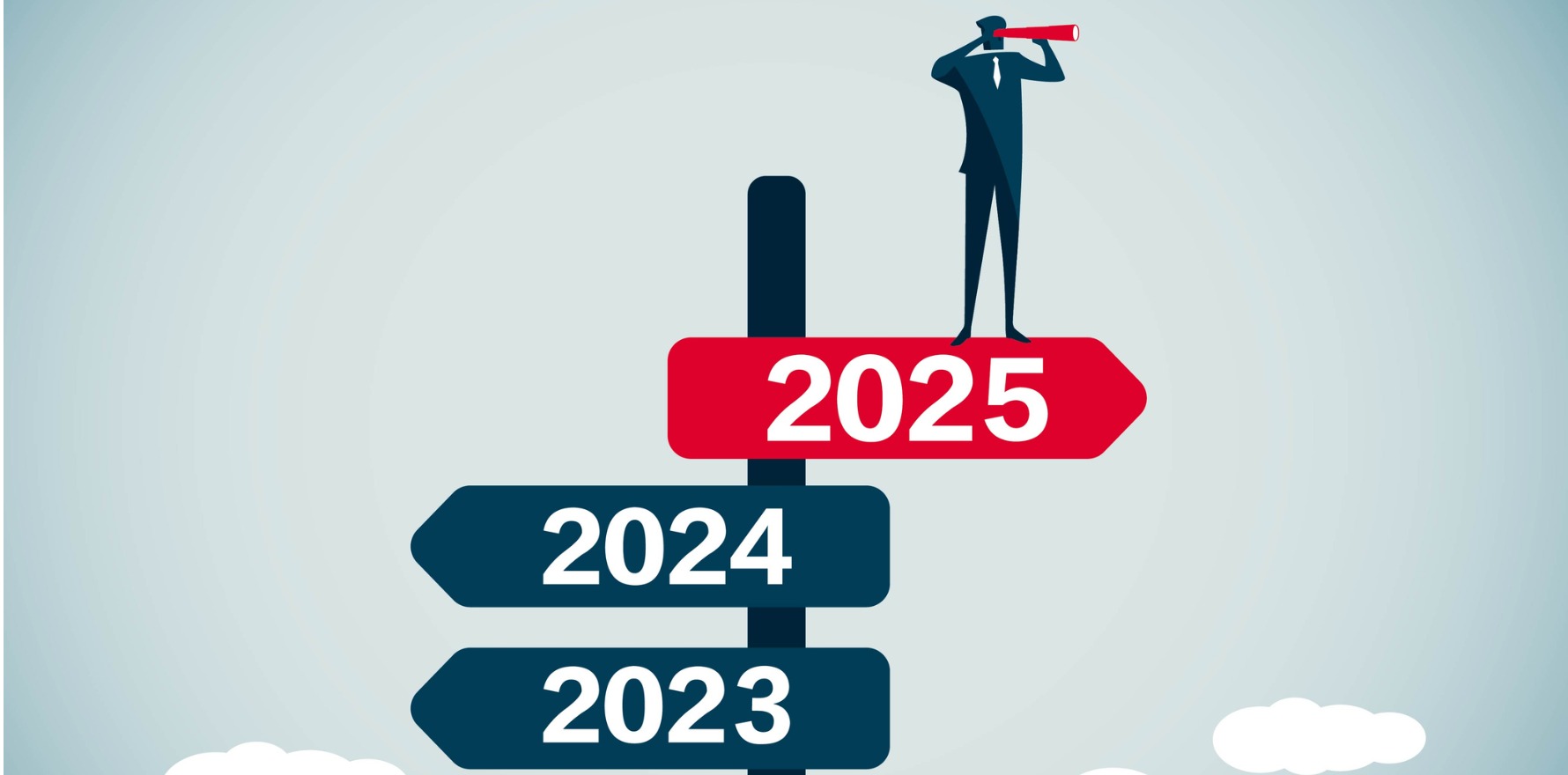As DoHAC prepares to send thousands of compliance letters to GPs it suspects of having billed Medicare for consultations performed on foreign soil, doctors are questioning why the rule exists.
A relatively obscure Medicare rule has received renewed attention in light of the Department of Health and Aged Care’s latest compliance campaign, which is targeting GPs who may have billed Medicare while outside of Australia.
The Medical Republic confirmed earlier this week that around 5800 GPs would be receiving a DoHAC missive sometime over the next four weeks encouraging them to review their billing practices and return any Medicare benefits that may have been received for consults conducted when they were not physically within Australia.
Under section 10 of the Health Insurance Act 1973, in order for a service to be Medicare-eligible, both patient and practitioner must be in Australia when it is rendered.
The 5800 GPs were identified via data-matching the dates of MBS claims made by a doctor with passenger movement records from the Department of Home Affairs.
A requirement for both parties to be physically within Australia dates back to the first iteration of the Health Insurance Act 1973.
The rule has been a thorn in dermatologist Professor Dedee Murrell’s side for several years.
“There are lots of private practitioners, be they GPs or specialists, who are still responsible for their patients when they’re abroad,” she told TMR.
“They don’t just not answer the phone.
“So why should the government say that that is not a legal use of health services for those patients?”
Professor Murrell, who recently took to social media to air her frustration, rejected the assumption that there were other private practitioners able to take on her patient load while she was overseas.
Related
Instead, she runs telehealth clinics and charges patients her usual fee minus the Medicare rebate while travelling overseas for conferences and aid work.
“I’m still paying for the doctors that help me with my clinics, who go in the rooms and take histories and take pictures and present the patients to me,” Professor Murrell said.
“I can still remotely log into the notes, so I’m doing exactly the same work that I’m doing if I’m sitting there physically in Sydney, except it’s easier when I’m in Sydney because I can just see the patient face to face, and it’s much quicker.
“But I just find it frustrating that, if I’m doing that from Perth and the patients are in my office in Sydney, the patient can claim the benefit – but if I’m in New Zealand, which is two hours ahead of Sydney, it’s illegal.”
The data-matching process is not necessarily foolproof.
Professor Murrell said that, in the past, she has been asked to explain the Medicare billings for consults that she conducted on the same date that she travelled into or out of Australia.
If she worked during the day and took a night flight, for example, the data-matching has identified her as having billed Medicare while out of the country.
“I think it’s high time to look at something better,” Professor Murrell said.
She’s not alone; earlier this week, Australian Doctor reported that the AMA was open to discussions about whether the regulations remain appropriate.
According to DoHAC, data matching is just one tool to identify non-compliance.
A spokesman told TMR that it was undertaken in addition to other intelligence signals and advanced analytics, supported by tip-offs.





